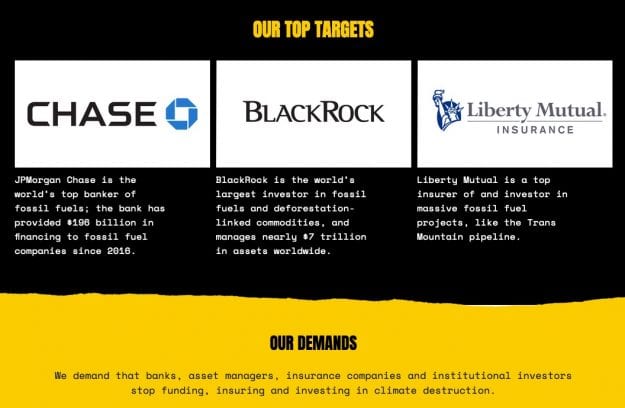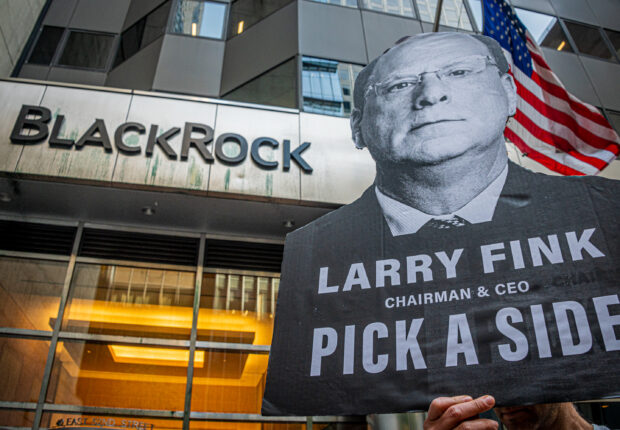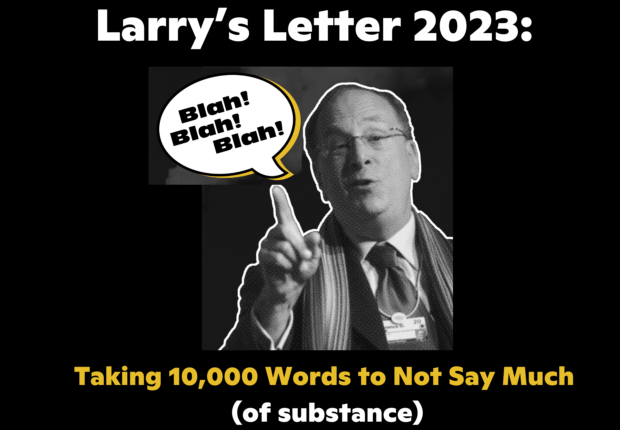In "Climate campaigners turn their fire on the financial world" FT outlines our new strategy to a very important audience - financiers themselves.


Last week, the globe’s leading financial newspaper, Financial Times, covered the work of all the people working to stop the financiers of climate chaos.
The FT wrote:
After years focusing on oil, gas and mining companies, campaigners concerned about global warming are turning their attention to the world of finance. They hope that public pressure on banks, asset managers and insurers will make them think twice about investing in some of the most carbon-intensive and polluting industries.
“If you get banks to change their climate policies, you hit multiple sectors at once”, Wolfgang Kuhn from ShareAction was quoted as saying. “There is nowhere to start but at the top.” added Eli Karasgod-Staub fro Majority Action.
The article also gave high profile to the new mobilization called Stop the Money Pipeline. This new US based campaign is growing quickly, and is targeting JP Morgan Chase, the world’s top banker of fossil fuels, BlackRock, still the world’s largest investor in fossil fuels and rainforest destruction, and insurer Liberty Mutual.

It’s not every day the financial press links to your activist video starring Jane Fonda, but we’re happy the FT did. It was a great video.
The article also covered the more traditional form of protest against companies, shareholder resolutions during the upcoming AGM season, noting the number of climate resolutions at financial companies grew from just four in 2015 to 19 last year.
We’ll leave you with our favorite quote, a validation of our theory of change from an unlikely source, Moody’s:
There is evidence that action by shareholders and campaigners and the change in public mood is having an impact on access to capital for some fossil fuel producers, said Ben Nelson, analyst at Moody’s. Peabody Energy, a US coal company, recently failed to secure a refinancing to facilitate a joint venture with ArchCoal. Mr Nelson believes this was at least partly because banks are beginning to change their attitudes.
And that’s why every month that goes by sees more and more activists, moms, students, investors, and even business leaders join the movement to stop world’s biggest financers of fossil fuels from making the climate crisis worse.
You can read the full article on FT.com, though it is behind a paywall.

